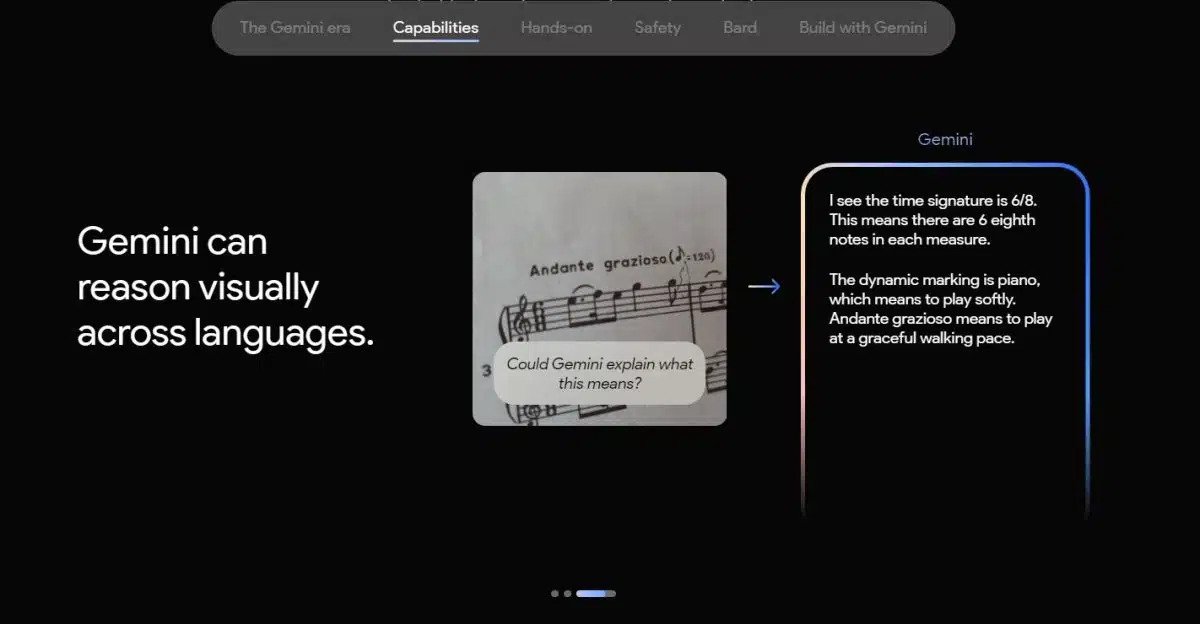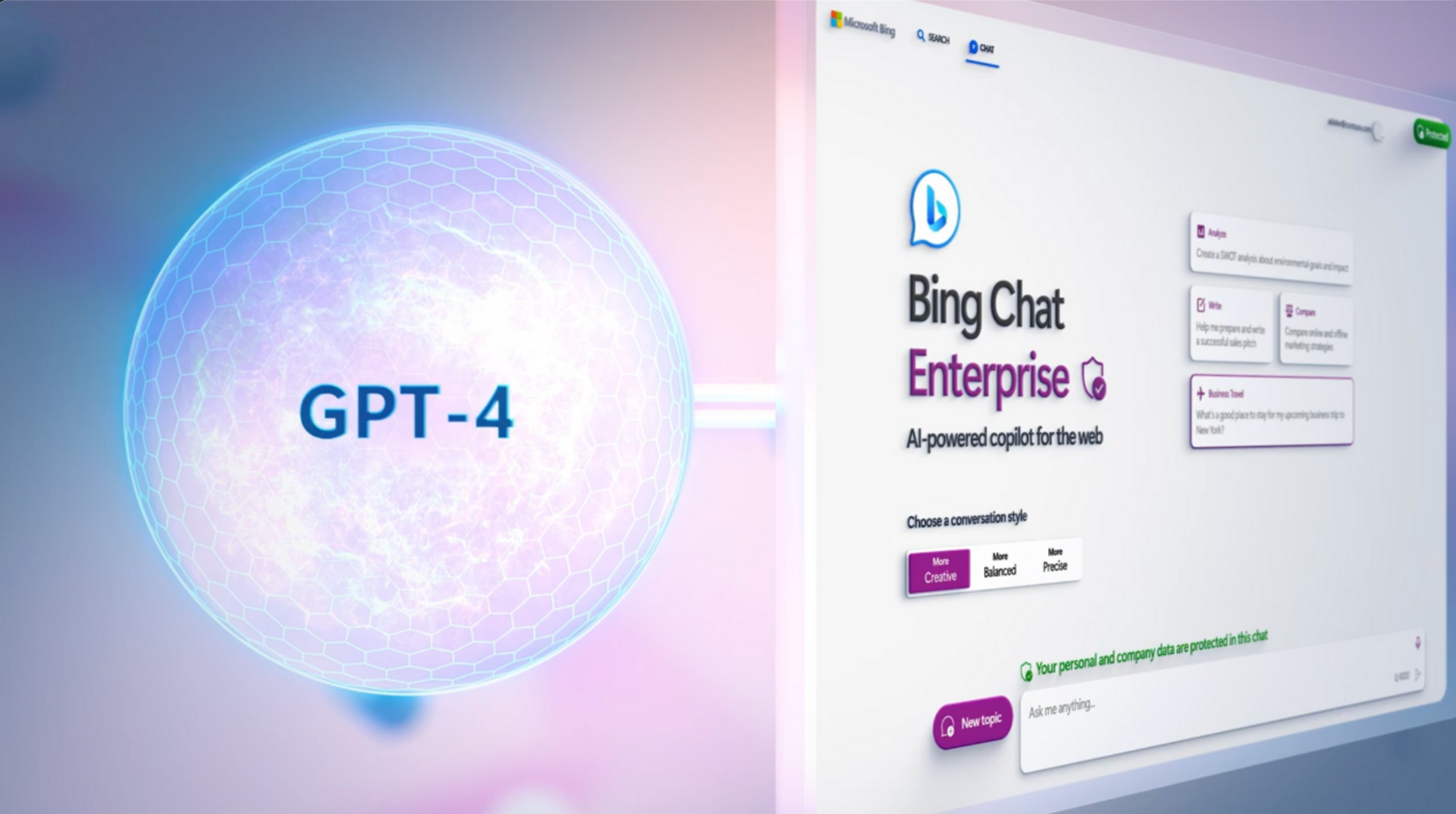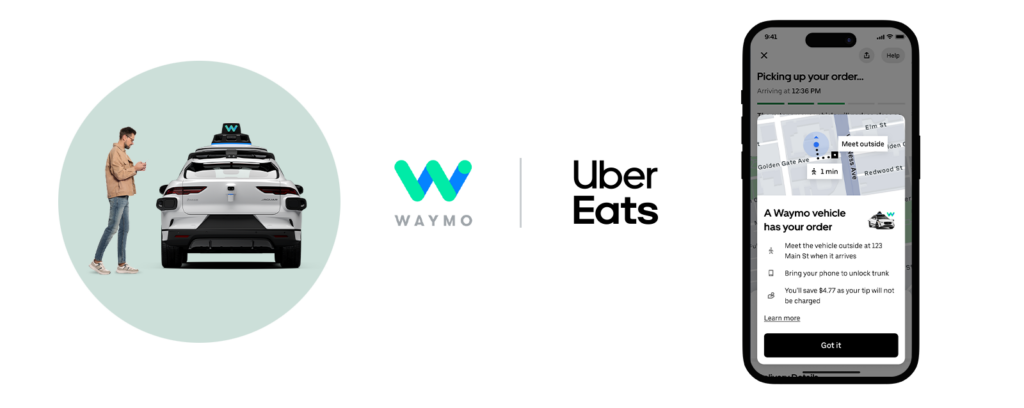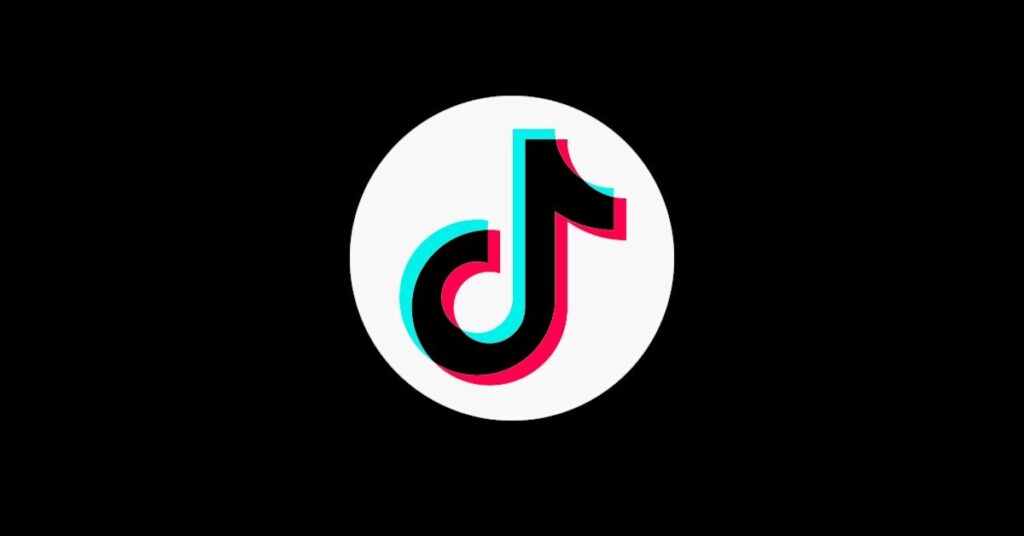Google‘s latest attempt to showcase its artificial intelligence (AI) prowess has turned into a PR nightmare, as the company faces backlash for misleading and underwhelming demonstrations of its Gemini project. Let’s delve into the reasons for this failed branding attempt from Google’s latest AI technology. We’ll also look into the impact of this on Google’s AI branding.

What is Gemini?
Gemini is Google’s answer to the challenge posed by OpenAI’s GPT-4, the most advanced and successful AI language model to date. Gemini is a collection of AI models that can generate natural language for various tasks, such as writing, summarizing, translating, and conversing.
Google claims that Gemini’s most powerful model, dubbed Ultra, can outperform GPT-4 on several benchmarks, such as accuracy, coherence, and diversity. However, the company has not released any details or code for Ultra, making it hard to verify its claims.
How Google Botched Its Demonstrations?
Earlier this year, Google received a lot of criticism following a live demonstration of its AI chatbots powered by Gemini. The demo failed to impress due to technical glitches, awkward responses, and ethical concerns. The chatbots pretended to be human and failed to disclose their identity, which drew criticism from the company’s employees. They believed that the attempt to compete with Microsoft was rushed and botched, as Microsoft had planned to showcase its Bing integration with ChatGPT, a popular open-source AI chatbot framework, the same week.
Google’s reputation took another hit when it canceled its plans for a series of in-person events to launch Gemini due to the ongoing pandemic and logistical challenges. Instead, the company opted for a virtual launch that was supposed to feature a six-minute promotional video of Gemini in action. However, the video turned out to be pre-recorded and edited, revealing that the demonstration was not conducted in real-time.
The video demonstrated Gemini’s capabilities in recognizing physical and visual images, such as a sketch of a duck being drawn and a blue toy duck. It also showed the AI model recognizing shadow puppet gestures and tracking the cup with the ball in a cup-swapping game. However, the video’s description included a disclaimer that “latency has been reduced, and Gemini outputs have been shortened for brevity.” This disclaimer was not included in the video itself, drawing criticism.
It was later revealed that the researchers didn’t prompt the AI model with regular speech and hand gestures, as shown in the demo. Instead, they fed Gemini text prompts and still images to generate the results. Gemini later confirmed that the video was not made in real-time.
The Impact of Branding Fails
This isn’t the first time Google has faced criticism for failed branding. Google has faced criticism earlier on for faking demonstration videos before, raising concerns about the risks and consequences of branding fails. For instance, in an effort to showcase the capabilities of their AI models, the tech giant released a demonstration video of its AI assistant, Duplex, making restaurant and hair salon reservations. However, experts and journalists called the legitimacy of the demo into question, suspecting that the calls and tasks executed during the demo were faked.
Branding fails can have a significant impact on a company’s reputation and credibility. In the age of social media and instant communication, news of a branding fail can spread rapidly and damage a company’s brand image. Faking demonstration videos can be particularly damaging as it raises questions about a company’s honesty and transparency. Customers may lose trust in a company that has been caught faking a demo and may be hesitant to use its products or services.
What Does This Mean for Google and the AI Industry?
Google’s branding fail has damaged its credibility and reputation in the AI industry, as well as among its customers and investors. The company has been accused of overhyping and underdelivering on its AI capabilities, as well as being dishonest and irresponsible with its AI demonstrations.

Google’s missteps have also given an edge to its competitors, such as Microsoft and OpenAI, who have been more transparent and collaborative with their AI projects. Microsoft has been integrating ChatGPT with its Bing search engine now available as co-pilot, as well as other products and services, such as Outlook, Teams, and Cortana. OpenAI has been releasing its GPT models to the public, as well as developing an AI platform called Codex, which can generate code and applications.
Google’s branding fail also highlights the need for more ethical and responsible use of AI, especially when it comes to generating natural language. AI models like Gemini and GPT-4 have the potential to revolutionize various domains and industries, but they also pose significant challenges and risks, such as privacy, security, and social impact. Therefore, it is crucial to ensure that AI models are aligned with human values and goals and that they are used for good and not evil.
The Big Picture
Google’s branding fails with Gemini and past projects like Duplex demonstrate the risks of overhyping AI capabilities and dishonestly faking demonstrations. This damages credibility with customers and gives competitors an edge. For the AI industry to progress in a responsible manner, companies must be transparent about limitations, collaborate with others, and ensure their technologies are developed and used in ethical ways that consider human values and social impacts. Responsibility and honesty are key to building trust that will support continued advancement.
Also Read: Android’s New Brand Overhaul Is More Google Than Ever Before



